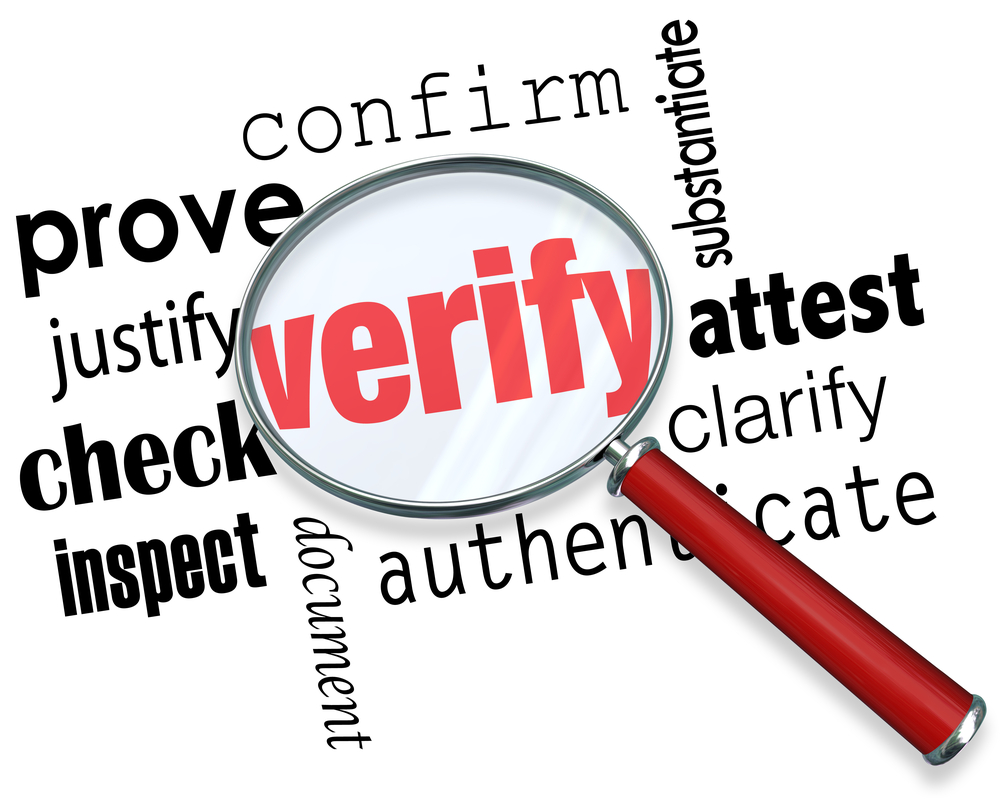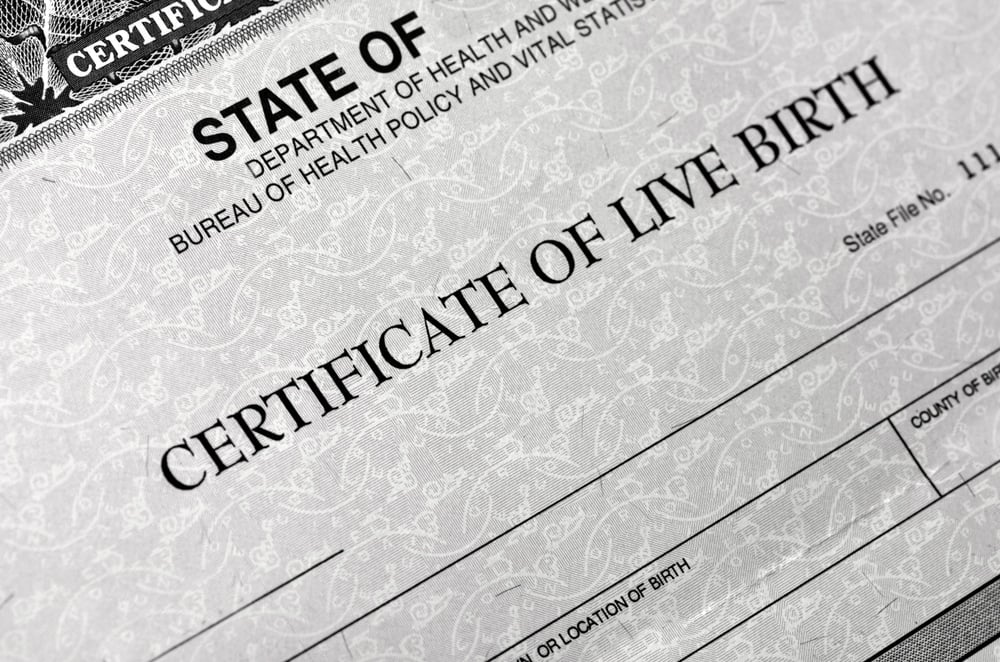Office of Inspector General (OIG) Background Check: What You Need to Know
Cindy Ellis - September 19, 2023

Background checks have become part of the hiring process in almost every field. However, the medical field and jobs that interact with the federal government have even more guidelines to follow.
One great example is the Office of the Inspector General background check, which is otherwise known as an OIG background check. These background checks focus on checking if someone is on the List of Excluded Individuals/Entities (LEIE).
Hospitals and other government-based jobs run OIG background checks because hiring people on the LEIE can impact an organization’s ability to get a federal contract. That said, knowing what an OIG background check is and learning about how to check your records will help you prepare for these checks.
Read on to learn more below.
What Is the Office of the Inspector General (OIG)?
The Office of the Inspector General (OIG) is an independent office that was founded in 1978. Primarily, the office’s job is to detect fraud and misconduct. However, some other roles include preventing medical waste, abuse, and the mistreatment of patients.
Furthermore, the OIG focuses on improving the effectiveness of federal programs. This can be accomplished financially or through new government programs.
Another role that the OIG has is tracking the usage of tax dollars. This is done through inspections, audits, and even investigations. It’s also important to note that the OIG has nine divisions. These divisions include:
- Executive Office
- Office of Audits
- Office of Investigations
- Office of Inspections and Evaluations
- Office of Integrity
- Office of Innovation
- Office of Counsel
- Office of Management
Each division handles its own issues but there is collaboration between divisions when a matter requires the attention of multiple offices.
What Is a Mandatory OIG Exclusion?
A mandatory OIG exclusion happens when someone commits a felony related to Medicare, Medicaid, and other types of fraud. People who sell drugs can also end up with a mandatory exclusion.
These exclusions last for five to ten years. The first offense is five years and if you’re excluded again you’ll be on the list for at least a decade. Additionally, more than two offenses will result in permanent exclusion.
Some examples of actions that lead to permanent exclusion include:
- Medicare fraud
- Medicaid fraud
- Any offense that’s related to SCHIP programs, Medicare, or Medicaid
- Felonies and other types of healthcare fraud
- A felony theft charge
- Felonies based on financial crimes like misconduct
- Illegally distributing drugs or prescribing them wrong
Depending on the nature of the offense, some other felony crimes will land someone on the OIG exclusion list.
What Is a Permissive Mandatory OIG Exclusion?
Permissive OIG exclusions are less common and more nuanced. In fact, the OIG can determine how it proceeds when issuing these exclusions. Typically, these exclusions occur when someone commits a misdemeanor crime related to Medicare or Medicaid.
We list the full list of reasons for a permissive exclusion below.
- Misdemeanors related to Medicare or Medicaid fraud
- State or federal fraud; these don’t have to be medical
- Illegally distributing or prescribing drugs
- Someone losing their license because of problems with financial integrity
- Providing lousy medical services and not acting in the best interest of the patient
- Fraudulent claims for federal healthcare programs
- Defaulting on student loans for medical education or not maintaining a scholarship
These exclusions will usually only last for three years. Multiple offenses will extend how long these problems remain on someone’s record.
What Is an Office of the Inspector General (OIG) Background Check?
The Officer of the Inspector General Office (OIG) keeps a record of people who are banned from using federal healthcare programs.
When someone is banned from using these programs they’re placed on the List of Excluded Individuals/Entities (LEIE). When someone runs an OIG background check they’re checking the OIG database to ensure that your name isn’t on the list of exclusions.
When it comes to the hiring process, this is important in a healthcare setting for several reasons. First and foremost, you don’t want people who have felonies or bad behavior around patients. Secondly, hiding someone who is banned from these programs can lead to your organization struggling to get assistance with these programs.
The last thing to note is that some other federal agencies may run these background checks to ensure that someone can receive federal benefits, grants, or contracts.
When to Complete an OIG Background Check
OIG background checks are important when you’re hiring someone in the medical field. Some other federal roles should also go through an OIG background check but it depends on the job.
We list some of the best times to complete an OIG background check below:
- Hiring a nurse
- Learning more about doctors
- Licensed practical nurses
- Hiring a physician’s assistant
- Certified nurse
- Home health aids
- Physical therapists
- People who work in pharmacies
- Medical assistants
- Emergency medical technicians (EMT)
- Any vendor that works with a hospital, specifically Medicare or Medicaid
- Volunteer workers
- Members of a board
These background checks are essential because hiring someone who is on the OIG list of exclusions will hinder your ability to apply for federal benefits, grants, or contracts.
What Else Comes up in a Medical Background Check?
Aside from an OIG background check, more information is available when someone runs a background check. In fact, background checks are useful for things like identity verification and understanding someone’s past experiences.
Below we list some other types of information that will appear on a background check:
- System of Award Management (SAM) information
- Fraud Abuse Control Information System (FACIS) information
- A list of state sanctions
- Verification of employment and education history
- Professional license verification
- Sex offender searches
- Social Security number verification
- Criminal records search
- Drug testing
Depending on the type of background check, financial and driving records may also be included.
How to Complete an OIG Background Check
Completing a background check is made easy with information.com’s background check tools. However, there are also other methods to help you learn this information. You can search through the OGI database, hire a background check company, or even work with a private investigator.
Learn more about each of your options below.
Criminal Records Search With Information.com
The best way to view your records or another applicant’s record is to use our criminal records search tool.
We have several tools that are connected to millions of public records databases, so we can provide you with fast and accurate results about the LEIE. Knowing if you’re excluded from this list can help you determine if it’s the right time to apply for a job in the medical field.
Additionally, if you have the applicant’s permission to run a background check you can use our criminal records lookup tool to see if they’re on the LEIE. Doing so can help you make a smart hiring decision that ensures you can continue to apply for grants, federal benefits, and compete for contracts.
What makes our criminal records lookup tool the best is its flexibility and ease of use. To use it, just enter your name, state, and city into our criminal records search tool. From there, provide any additional information (like age and known associates) to find the results you’re looking for. Then, open the full report to view anything you need to know.
Full reports include everything available about someone as long as it’s a public record.
Checking the OIG Manually
One way that you can run an OIG background check is by checking the database on your own. It’s a public database and the search process is straightforward. You have to enter the applicant’s name and other relevant information like their Social Security number, which you should have if they submit to a background check.
However, checking the OIG database is challenging. It can take time and end up costing money if you hire a professional company to do it for you.
For these reasons, we always recommend using one of Information.com’s people search tools instead. You can view anything you can find in the OIG but the full report also includes other types of information like someone’s criminal records or sex offender status.
These are the top two methods to run an OIG background check but you also have other options. Examples include using a professional background check company or hiring a private investigator.
Complete an OIG Background Check Today!
An OIG background check is an important part of the hiring process for many hospitals, offices, and other federal government agencies. For these reasons, it’s important to know what occurs during an OIG background check.
The good news is that if you follow the advice provided here you shouldn’t have to worry about not being prepared for an OIG background check.
Also, make sure you learn about anything else that will come up on a general background check. Make sure you check your criminal records, public records, sex offender status, and anything else that might appear on your record.
Any of our tools can help make sure you’re prepared during the interview process.






